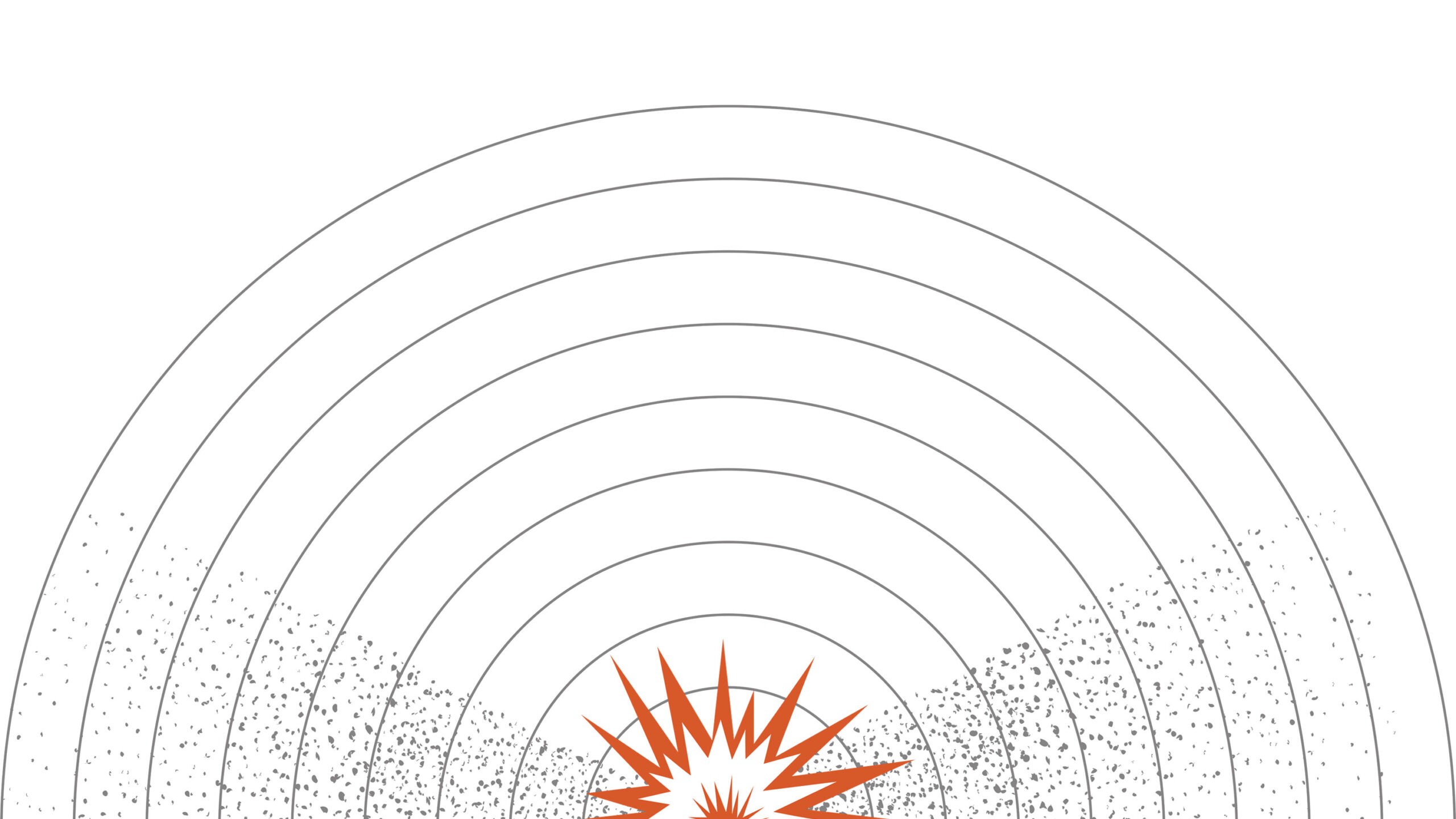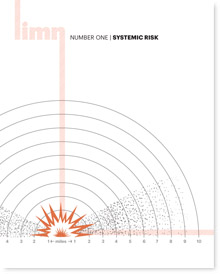Introduction: Systemic Risk
Stephen J. Collier and Andrew Lakoff introduce the concept of "systemic risk" and the focus of Limn Number 1.
Stephen J. Collier
Andrew Lakoff
Resilience and Homeland Security: Patriotism, Anxiety, and Complex System Dynamics
In the realm of U.S. homeland security, the word of the day seems to be “resilience.” Benjamin Sims explains.
Logistics’ Liabilities
Deborah Cowen tracks how the movement of goods shapes the meaning of risk.
Systems at Risk as Risk to the System
Systemic risk in finance refers to at least three things, according to George G. Kaufman and Kenneth E. Scott: It connotes a macro shock that produces nearly simultaneous, large, adverse effects in most or all of the domestic economy or even international financial system. It can also refer to the risk of a chain reaction ...
How Shit Happens, or, How Audit Systems and Sewer States Lead to Tainted Beef
Elizabeth Cullen Dunn takes a hard look at how risk management systems create the risks they are supposed to eliminate.
The Morris Worm
The Morris worm was released in November of 1988. It was launched surreptitiously from an MIT computer by graduate student Robert Tappan Morris at Cornell University, and spread to internet-connected computers running the BSD variant of UNIX. The worm was designed to be undetectable, but a design flaw led it to create far more copies ...
The ‘Becoming’ Insurable of Terrorism Risk in the US: Imagining Systemic Risk
Philip Bougen explores terrorism risks and making the unthinkable insurable.
System Vulnerability and the Problem of National Survival
Stephen J. Collier and Andrew Lakoff explode strategic bombing theory and the emergence of system-vulnerability thinking.
Stephen J. Collier
Andrew Lakoff
The Emergence of Systemic Financial Risk: From Structural Adjustment (Back) To Vulnerability Reduction
How did "systemic risk" emerge from the Latin American Debt Crisis? Onur Ozgöde explains
Uncertain about risk
It was hard not be impressed with how this simple chart summarized the course of an astoundingly complex historical event
Running Amok in Labyrinthine Systems: The Cyber-Behaviorist Origins of Soft Torture
Rebecca Lemov explores the systematizing and regularizing of an American brand of torture.
The Pre-History of Resilience in Ecological Research
Brian Lindseth explains how "resilience" migrated from ecology of the 1970s to the systemic risks of the present.
Systemic risk in consumer finance
At the end of the great credit bubble there was still a tremendous amount of borrowing potential in the hands of consumers. Of the $5 trillion in US credit card lines outstanding only $800 billion was reportedly in use. So in the spring of 2009, with unemployment and bankruptcy on the rise, the card companies ...
Systemic Financial Risks and How to Cope With Them
Grahame Thompson explores the Efficient Market Hypothesis and models of Systemic Risk in Economics.
Complexity, Ecology, Finance
Andrew Haldane, Senior Bank of England official, has called for more ecology in the study of finance (read his report). A Financial Times Article reports and offers analysis by prodigal anthropologist Gillian Tett (and co-authors).
The Morris Worm on television
How W32.stuxnet works
Symantec security response demonstrates how to hack a nuclear power plant. Read their report.

